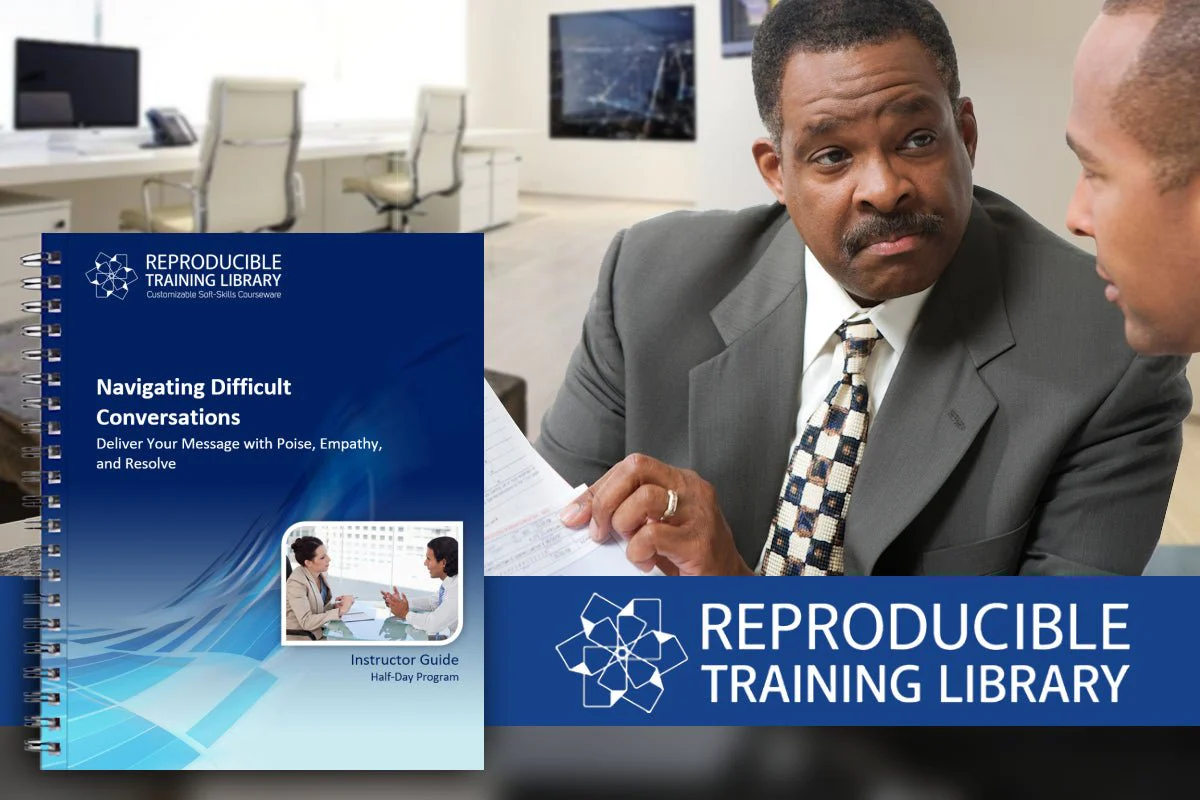If you go to any seminar on communication skills, they will likely cover the basics of active listening such as reflections, summaries, questions, and silence, and maybe even more if they’re thorough. Maybe you’ll get lots of practice in these skills, and you’ll feel more confident in using them. The tricky part is getting into difficult real-life conversations.
The problem?
Although these seminars focus heavily on communication skills, it’s easy to overlook what you’re supposed to be listening for. Your ability to listen for key details can make all the difference when you encounter difficult or high-stress situations in real life. Being able to hear what’s being said and what’s not being said can give you invaluable insight into the other person and provide opportunities to deepen and strengthen the relationship. That’s the real key to getting the outcome you want.


























